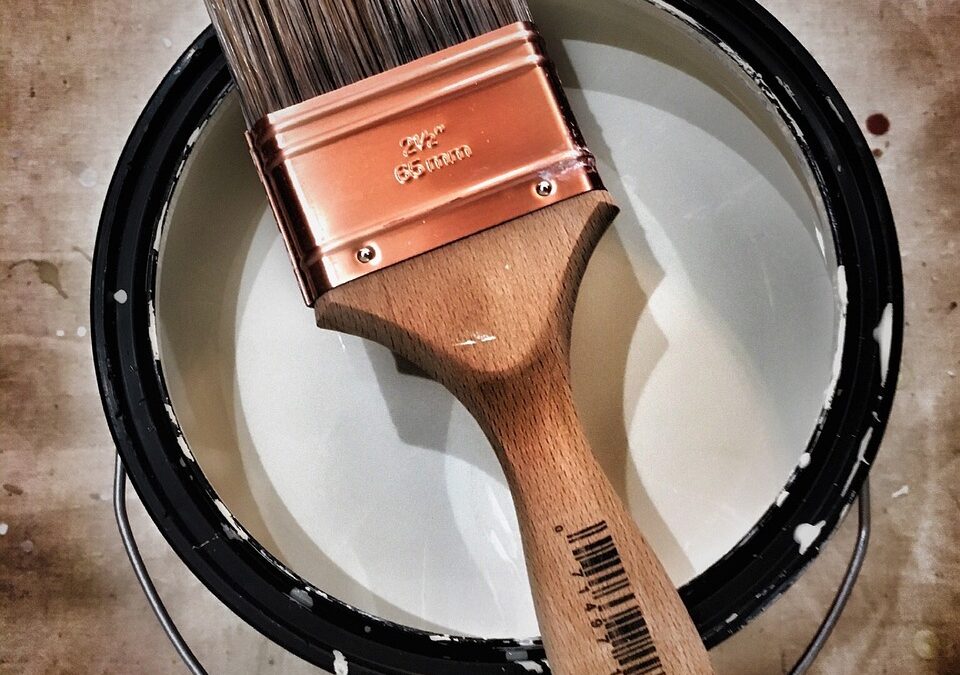If you make your living in real estate, an instrument you should know is the mechanic lien. Also known as a construction lien or a contractor’s lien, a mechanic lien is a legal claim that a contractor or other construction professional (carpenter, architect, plumber, electrician, etc.) involved in a construction project can place on a property to secure payment for services or materials.
In simple terms, a mechanic lien is a way to collect for unpaid services and materials on a piece of real estate. If a homeowner pays a contractor but the contractor does not do the work, a homeowner can sue the contractor. If a contractor does the work but the homeowner refuses to pay or runs into money trouble and can’t pay, the contractor can put a mechanic lien against the property on which the work was completed. The main purpose of this type of lien is to ensure that those who contribute to the improvement of property receive payment for their work and materials. Some examples would be construction or renovation work (addition or remodeling of a kitchen, bathroom, etc.), materials supplied (drywall, siding, shingles, etc.), or simply labor cost (hourly rates for time spent).
The contractor should do everything possible to collect before filing a lien. Additionally, Illinois law requires the contractor’s invoice to contain certain language along with mailing and timing requirements the contractor must first meet. If these requirements have been met, the contractor or claimant can file a lien with the county recorder’s office where the property is located. In doing this, the lien document becomes a public record and establishes a legal claim for monies owed against the property. One interesting component of a mechanic’s lien is that it often has priority over other types of liens, such as mortgages. This means that if the property is sold, the mechanic lien will be paid off first before the mortgage.
If you are trying to buy or sell a property that has a mechanic lien recorded against it, the lien must be released by the lien holder before any change of ownership can take place. If you are buying property, getting title insurance is your protection from past liens. If a lien was filed properly, the title company should find it and ensure its release prior to closing. If the title company misses the lien, it will have to argue against and/or pay if off should the claimant surface and demand payment.
One important thing to know about mechanic liens: If you hire a general contractor to do work on your house and the general contractor hires a subcontractor and does not pay them for the job performed, the subcontractor can file a lien against your property and the homeowner will be responsible for paying them before it will be released.
How can a property owner or contractors protect themselves while doing work on their property? Be sure to keep these in mind:
- Sign a contract that details the work to be completed.
- Keep all receipts and paperwork from the contractor.
- Draft and have your general and subs sign lien waivers.
- Pay with joint checks.
- Pay subcontractors yourself.
Once a lien has been filed against your property it will have to be settled and a release filed. If you simply agree that you owe the money but do not have the funds, the contractor could force the sale of the property to satisfy the debt. If you believe that you do not owe the money because the work that was agreed upon was not completed, you will have to argue in court before a judge and win, to get the lien released. If you find yourself in a situation where you need a lien released, please contact us to help you determine the best course of action for your situation.

